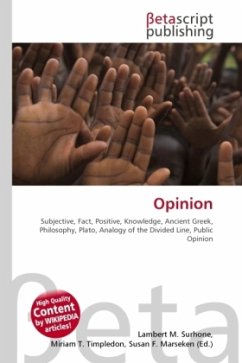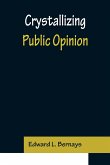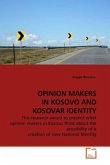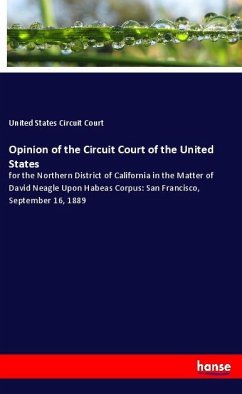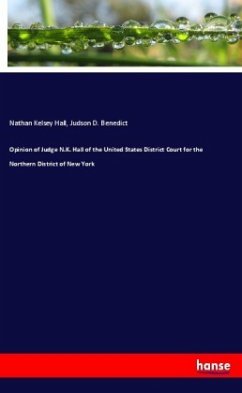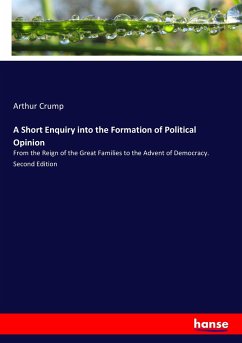High Quality Content by WIKIPEDIA articles! In economics, other social sciences and philosophy, analysis based on opinion is referred to as normative analysis (what ought to be), as opposed to positive analysis, which is based on scientific observation (what materially is or is experimentally demonstrable). Historically, the distinction of demonstrated knowledge and opinion was articulated by Ancient Greek philosophers. Plato's analogy of the divided line is a well-known illustration of the distinction between knowledge and opinion. Opinions can be persuasive, but only the assertions they are based on can be said to be true or false.
